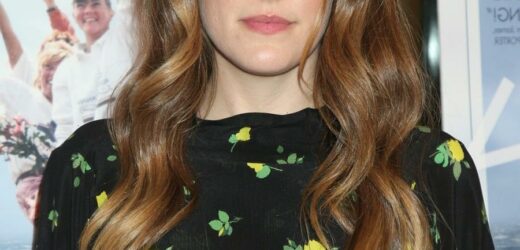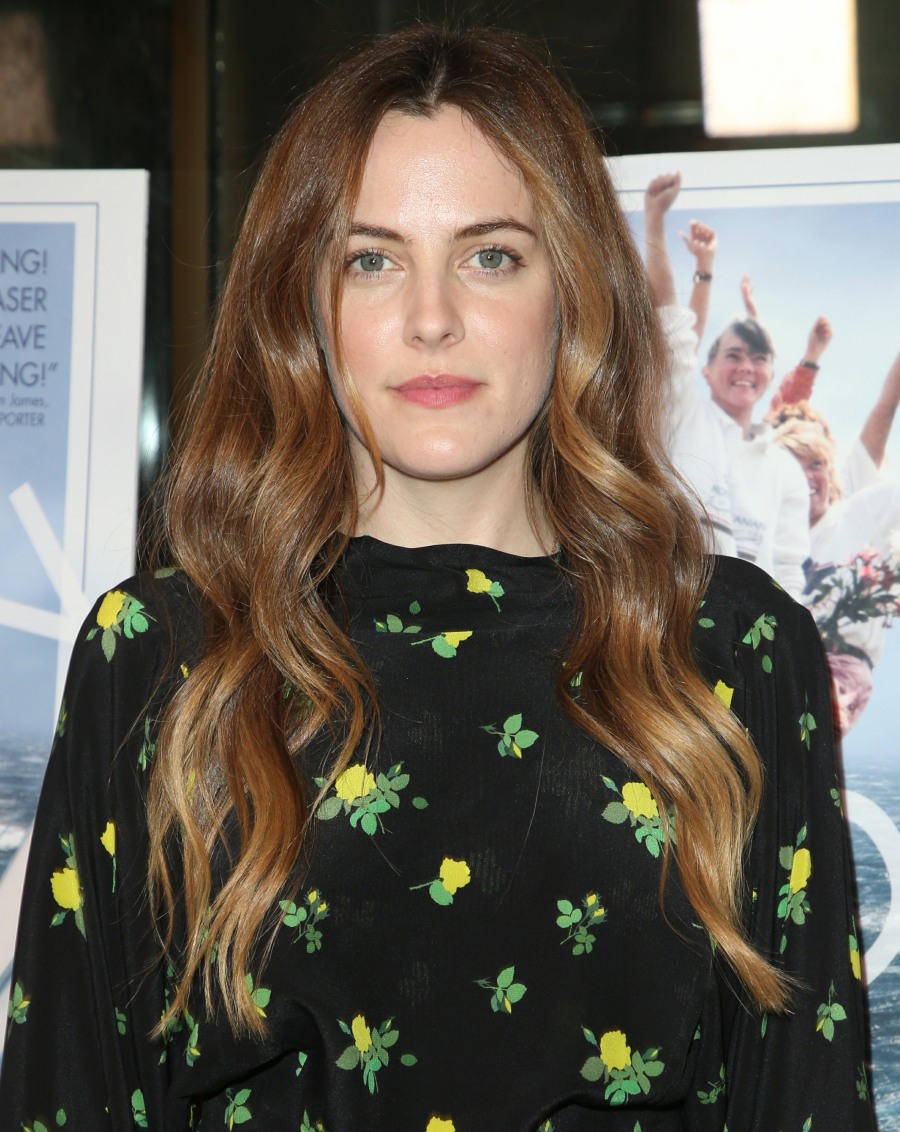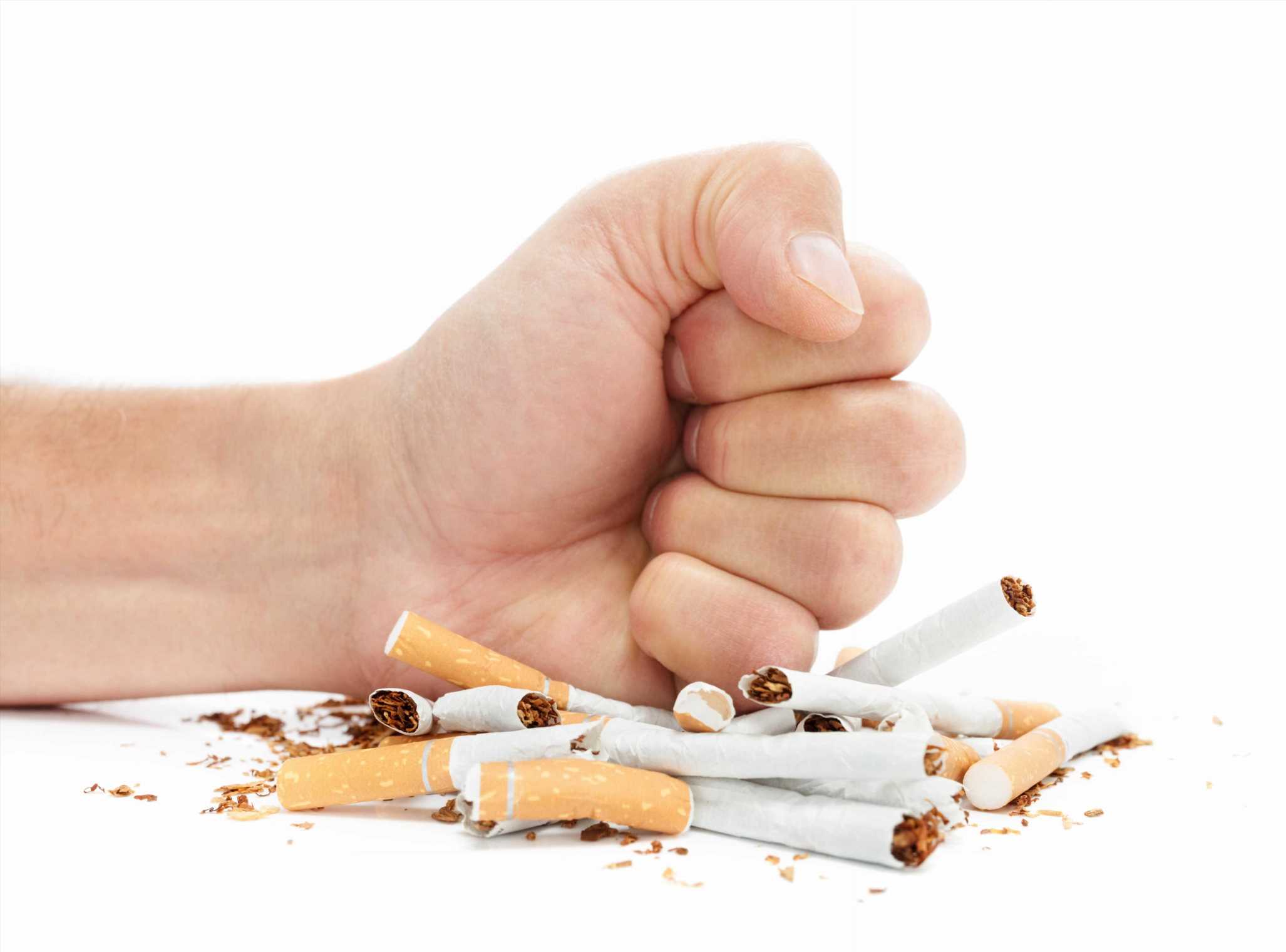I never really think of Riley Keough as a “celebrity” or someone to gossip about. She generally seems unproblematic and easy-going. She’s not a famewhore, she’s beautiful and talented and she’s never in the gossip press. Riley is currently promoting her role in Zola, and the NY Times really nailed her lowkey energy in this profile/interview – she’s not self-conscious nor does she have a flurry of celebrity-affectations. Riley chats about Zola, why she’s good at playing poor white people and her brother’s death. Some excerpts:
Her lack of self-consciousness: “I have an ability that’s really hard in this industry to be kind of like, ‘Meh.’ I don’t take things too seriously…I’ve lived my whole life in a sort of existential crisis. The minute I got to Earth, I was like, ‘What am I doing here? Why is everyone just acting like this is normal?’”
She doesn’t mind not booking movies: “I don’t care if I fail. I have this attitude of, ‘Well, then I’ll just do better.’”
On spending some of her childhood with her musician father Danny Keough: [Danny Keough] lived more modestly, in trailer parks with mattresses on the floor. Keough had no qualms about visiting her father; once, she even told him, “When I grow up, I want to be poor like you.”
In Zola, she plays another sex worker: “I didn’t want it to be ‘American Honey,’ this really naturalistic, understated performance. When you do something well, people want it again and then you kind of get stuck.”
Playing Stefani with an OTT blaccent: “People are like, ‘Am I allowed to laugh? Am I a bad person?’ I love that. I’m a little bit of a troll in my heart, and I think I bring that into my work. You don’t know if the whole thing’s a manipulation, even in her moments of being vulnerable. That’s why I love playing these characters that would seem like the bad guy. It’s so much more fun to make people have moments with those characters where you’re like, ‘I feel bad for her.’ Or, ‘I’m having fun with her. I’d go with her, too.’”
Her younger brother, Benjamin, killed himself in July 2020. What followed was “a year of feeling like I was thrown into the ocean and couldn’t swim. The first four or five months, I couldn’t get out of bed. I was totally debilitated. I couldn’t talk for two weeks.” Even now, Keough finds the tragedy hard to accept. “It’s very complicated for our minds to put that somewhere because it’s so outrageous. If I’m going through a breakup, I know what to do with that and where to file it in my mind, but suicide of your brother? Where do you put that? How does that integrate? It just doesn’t.”
Her ground rules: “I wanted to make sure that I was feeling everything and I wasn’t running from anything,” she said. To that end, Keough recently became a death doula. Instead of helping to facilitate a birth, she guides people through the issues that arise during the final portion of their lives. “That’s really what’s helped me, being able to put myself in a position of service. If I can help other people, maybe I can find some way to help myself.”
What she learned from her brother’s death: “There’s this sense of the fragility of life and how every moment matters to me now.”
[From The NY Times]
I think becoming a death doula was probably her way of just feeling “in control” a little bit after Benjamin’s death. She was devastated and it became her way of not being scared of death, of wanting to be able to manage that sadness and look at grief in the face. I’ve never really thought about how good she is at playing, let’s say it, those white-trash characters, but she is. She didn’t just grow up in mansions and Graceland – she was exposed to a different way of living from her dad.
Embed from Getty Images
Embed from Getty Images
Photos courtesy of Getty, Avalon Red.
Source: Read Full Article



